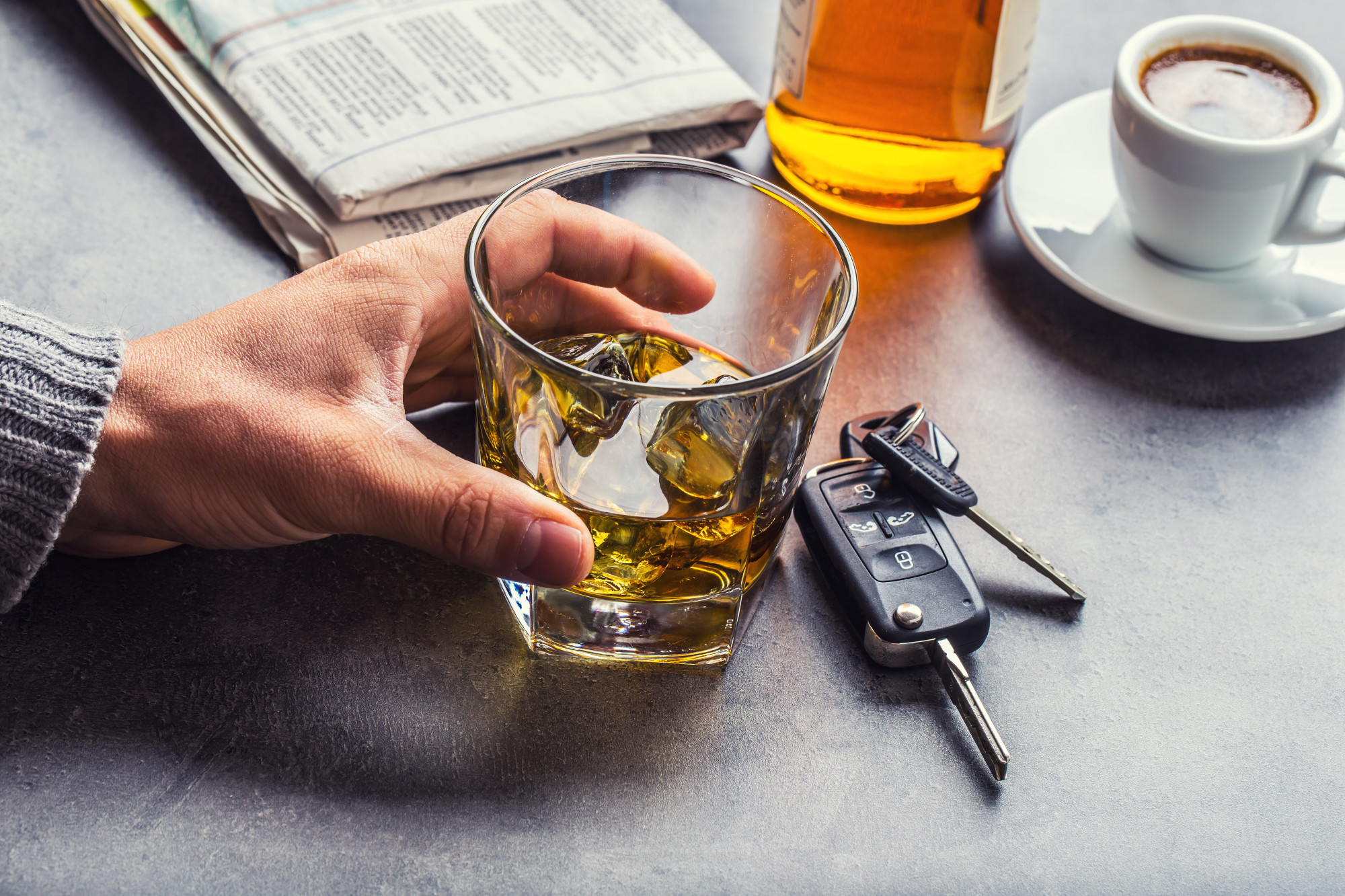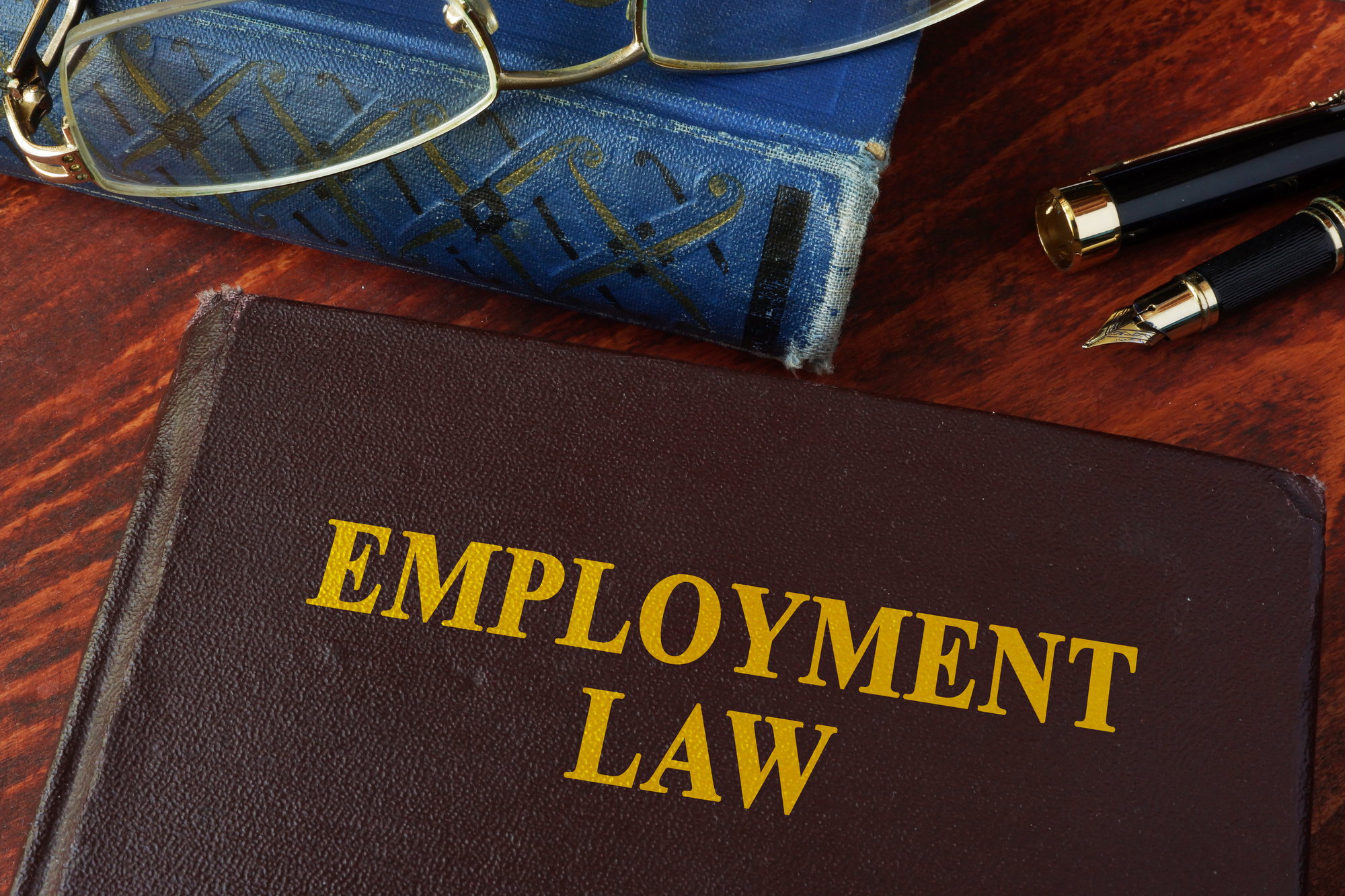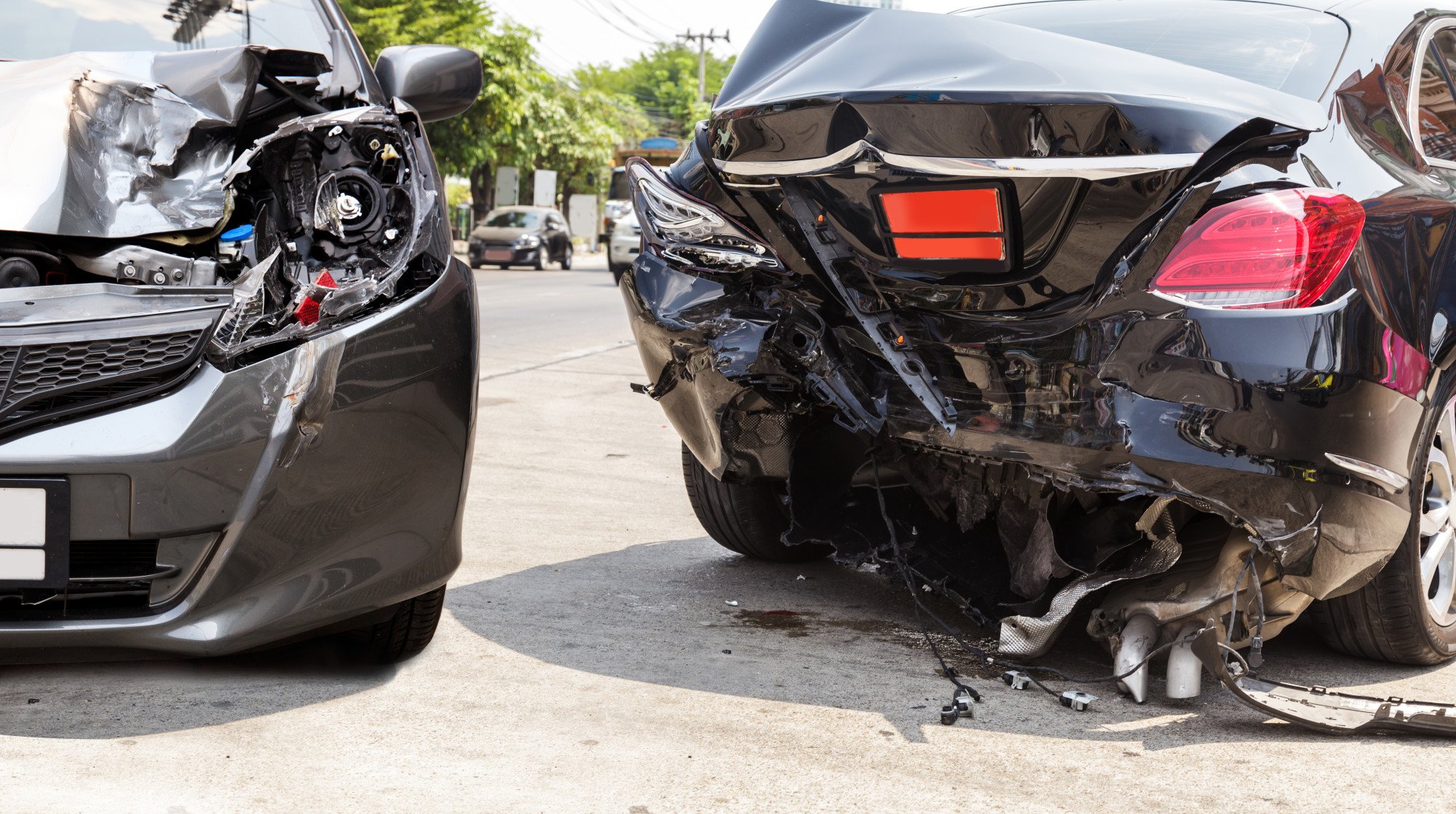A recent Gallup survey revealed that 63% of U.S. adults at least 18 years old drink alcohol. That increases to 65% if the count only includes those of legal drinking age (21 years or older).
With such a high drinking rate, it’s no wonder the nation sees so many driving under the influence (DUI) cases. Indeed, the CDC says over a million DUI-related arrests occur yearly.
If you’re facing such an arrest, one of your options is agreeing to a plea bargain. It may help you avoid much harsher penalties. The other option is working with RoadGuard Interlock for an alternative solution.
The two most common DUI plea bargains are charge and sentence reductions. Prosecutors offer them to prevent cases from going to trial. Court trials, after all, are time-consuming, labor-intensive, and costly. If you want to learn more about DUI plea bargains, this article is a great resource.
This guide covers the most crucial facts you need to know about DUI plea agreements, so read on.
Charge Reduction Bargaining
A defendant who bargains to reduce an existing charge pleads guilty to a lesser charge. So in the case of a DUI arrest, they won’t admit guilt to the DUI itself but to another less serious offense. They’d still face punishment, but their penalties would also be less severe.
The type of DUI charge reduction depends on the strength of the state’s case. The more substantial the evidence against the defendant, the harsher the imposed penalties. Still, a reduced DUI charge is better than a DUI conviction’s more severe consequences.
Reducing a DUI charge also often eliminates the mandatory driver’s license suspension. However, the judge may still require defendants to install an ignition interlock device.
Finally, a reduced DUI charge means there would be no DUI report in the defendant’s history. But, of course, this only applies to defendants without any previous DUI counts.
Here are examples of the most common DUI plea bargains for charge reduction.
Reckless Driving
Prosecutors may offer a wet or dry reckless plea bargain to DUI defendants.
A wet reckless plea reduces a DUI charge to a reckless driving offense involving alcohol. By contrast, a dry reckless charge doesn’t mention alcohol or drugs. Therefore, the latter imposes less severe penalties.
Exhibition of Speed
Also called “speed ex,” an exhibition of speed charge is when a person drives excessively fast. Prosecutors may offer it as a plea bargain if their case against the DUI defendant is weak.
A speed ex is better than a DUI charge because it has a shorter probation time. It can also reduce or even eliminate jail time.
Public Intoxication
Public intoxication is the crime of being drunk and disorderly in public. It’s still a misdemeanor but carries far less severe penalties than a DUI charge. Prosecutors often offer it as a plea bargain if they can’t prove the defendant was in control of the vehicle.
Agreeing to a public intoxication plea bargain may only result in fines or probation. Sometimes, it may also require defendants to attend an alcohol treatment center. However, unlike a DUI charge, it usually doesn’t include jail time.
Alcohol Consumption in a Motor Vehicle
Almost every U.S. state implements the open container law or a version of it. Under this rule, no one can have an open alcoholic drink container in a car’s passenger area. Neither can they consume alcohol inside a motor vehicle.
Prosecutors may offer this plea bargain based on the driver’s blood alcohol content. An example is if the defendant’s BAC only slightly exceeded the legal limit.
A charge for alcohol consumption in a motor vehicle is only punishable by a small fine. It also doesn’t add points to the defendant’s driving records. All that makes it a much better alternative to having a DUI sentence.
Traffic Infractions
Traffic infractions, like failing to stop at a red light, are the least severe of traffic offenses. They also carry the lightest penalties (e.g., lower-cost fines and the fewest demerit points). That’s why of all plea bargains, they are the most ideal for defendants.
However, prosecutors rarely offer traffic infraction plea bargains. They may only do so if their case against the defendant is so weak they’re sure it won’t get them a guilty verdict.
The above may occur if the breath or blood test results are invalid due to faulty equipment. Another is if there was an issue with the lab that handled the breath or blood exam. Police procedure violations at the time of the DUI arrest may also lead to a weak prosecutor case.
Sentence Reduction Bargaining
With a sentence reduction, the defendant pleads guilty to the DUI charge. In exchange for the admission of guilt, they would get a specific DUI sentence, ideally, a less severe one.
The extent of a sentence reduction can depend on a defendant’s criminal record. Thus, it can also depend on which DUI court system handles the defendant’s case.
For example, district or municipal DUI courts in Alabama handle misdemeanor offenses. For a DUI charge to end in these courts, the defendant must have fewer than three prior DUI convictions. Any more than that, and the case would be a felony requiring a DUI hearing in a county district court.
So in the example above, a first-time DUI accident in Alabama could be a misdemeanor. That’s as long as no one died or sustained severe injuries in the incident. If so, the defendant’s previously clean record could get them less jail time and lower fines.
A sentence reduction plea bargain could also mandate attending alcohol education. It may also require completing treatment classes and more community service hours.
Lawyer Up Before Agreeing to Common DUI Plea Bargains
Reckless driving and sentence reduction are the most common DUI plea bargains. They may not be as harsh as a DUI sentence, but they can still carry severe penalties. That’s a good enough reason to consult an experienced DUI lawyer before agreeing to one.
A DUI lawyer can help determine if you can get an even lesser offense on a plea. So, call one immediately after a DUI arrest or charge.
For more informative guides like this, check out our other blog posts now!







